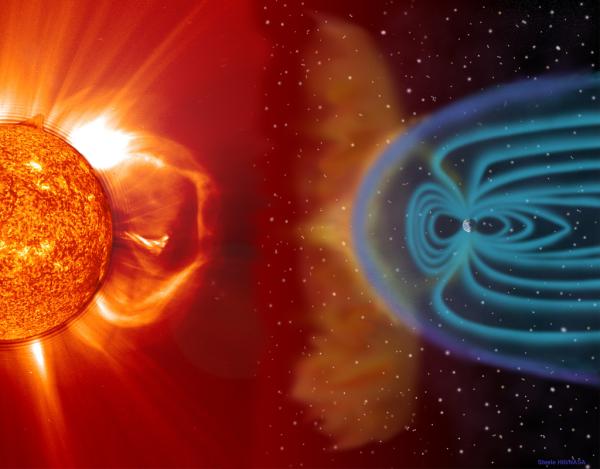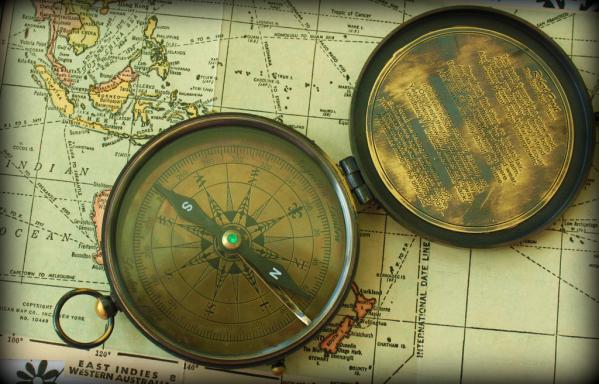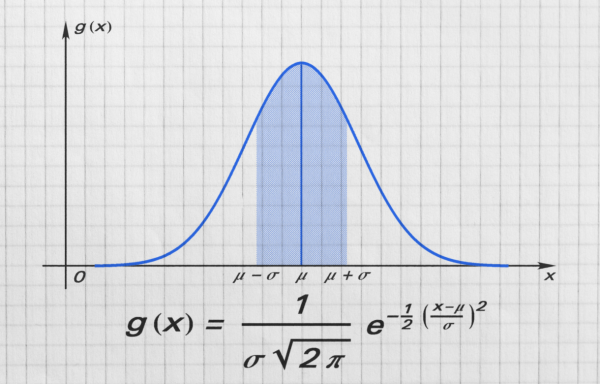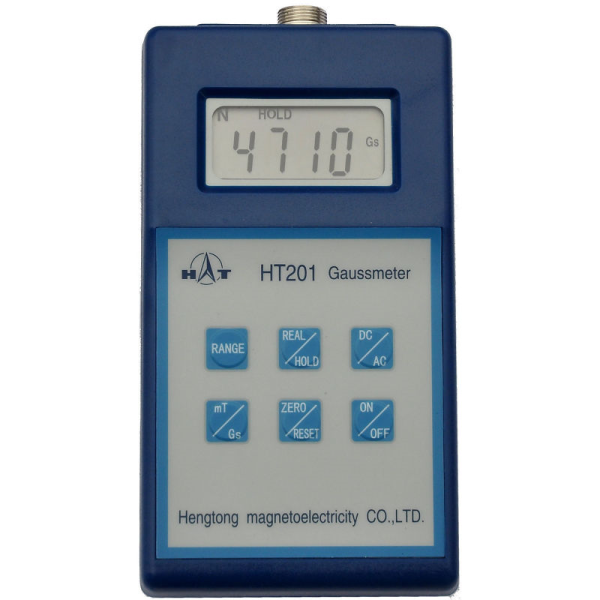Magnet Facts
-
What the Weakening of Earth’s Magnetic Fields Actually Means
Scientists have known that the Earth’s magnetic poles are going to flip for a while. In fact, the poles have shifted many times before, but this time it is happening more rapidly. New data magnetic maps from Swarm, a trio of satellites controlled by the European Space Agency (ESA) reveals that the fields are weakening 10 times faster than first thought. The thought of the planet’s poles flipping sounds pretty scary, but what does it actually mean? Continue reading → -
How Magnets Power the Recycling Process
Magnets are commonly used in the recycling process. Strong industrial magnets are often used to easily identify and separate various metals. These magnetic separators, divide non-ferrous metals like the aluminum commonly found in soda cans from ferrous metals like iron. Continue reading → -
How A Compass Works
The compass is one of the oldest navigation tools. It is so old that it’s unclear who is responsible for inventing it, but many believed it originated in China over 2,000 years ago. Today’s advanced technologies like GPS may make compasses seem pointless or obsolete. However, compasses have a major advantage over most of today’s fancy technologies. Because they use natural properties of magnetism to navigate and don’t require electricity or batteries, you don’t have to worry about them losing their navigation capabilities. A compass is one of the most essential survival tools. However, they do have a few limitations like their magnetic variations called magnetic and true north. Continue reading → -
Magnetic Earth Day Facts
The first Earth Day started on April 22, 1970, with over 20 million people across the United States rallying for increased environmental awareness and protection. Photos from the first Earth Day show some advocates wearing gas masks and others sitting outside city parks, buildings, and other facilities to spread their message. Now, Earth Day is an official annual holiday, which has been celebrated for 44 years. Earth Day may happen once a year but there are many reasons why we should appreciate and protect the Earth all year round. Continue reading → -
Weird Magnet Fact of the Week: Magnets are Brakes on Amusement Rides
Magnets don’t just go on your fridge. In fact, magnets are in many technical, real-world applications. For example, magnets are used in amusement parks all over the world and in roller coasters as braking mechanisms. The neat part about magnetic brakes is that magnets do not require electrical power and if the power stops, the brakes won’t be affected. Continue reading → -
What is the Difference Between "Surface Gauss" and "Manufacturer's Gauss"?
Surface Gauss Surface gauss refers to the gauss measurement at the surface of a magnet. Magnets can have vastly different strengths between the center of the magnet and its surface. The surface gauss rating is an accurate tool to be used to determine how strong the magnet will really be when it is used. Scientists who utilize gauss ratings will... -
How are "Gauss" and "Pull Force" Related?
You've probably heard of the terms "gauss" and "pull force" when describing a magnetic field. These terms are related, but different, which makes it difficult to understand the difference. No need to worry, we've outlined everything you need to know about gauss and pull force in this blog post. Let's dive in! Gauss Gauss is a unit of measurement that... -
What is Gauss?
What is Gauss? Gauss is a unit of measurement that is used to describe the strength of a magnetic field. Gauss is named after Carl Friedrich Gauss, a German physicist and mathematician who developed a way to measure the strength of a magnet in relation to mass, length and time. Why is Gauss Important? People who are purchasing magnets, including...










